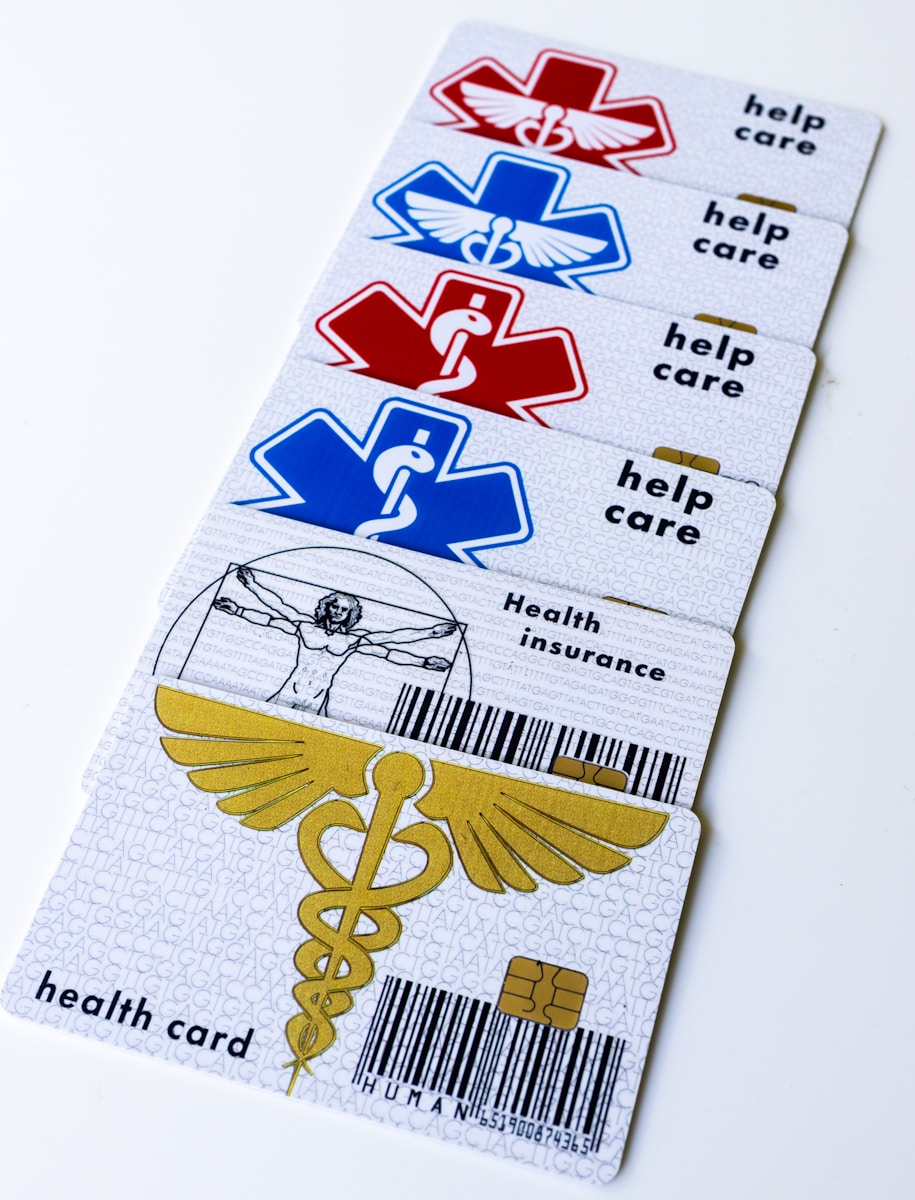Substance abuse affects millions of Americans, with a significant impact on women’s health and wellbeing. Understanding the unique challenges women face in the field of addiction can empower communities to foster better support systems and healthier lives. Read on to discover the complex interplay of factors that predispose women to substance abuse, emphasizing the urgent need for tailored intervention strategies.
The Intersection of Mental Health and Substance Abuse
One of the most critical risk factors for substance abuse among women is mental health. Studies have consistently shown that women are more likely to experience mood and anxiety disorders than men. These mental health challenges can lead to self-medication with drugs and/or alcohol as a way to cope with untreated symptoms. For instance, a woman battling severe anxiety might turn to alcohol to calm her nerves, inadvertently setting the stage for dependency.
The relationship between mental wellbeing and substance abuse is often a vicious cycle. Substance use can worsen symptoms of mental health disorders, which in turn can increase reliance on substances, creating a worsening spiral. Addressing this cycle requires a dual approach that treats not only the mental health issue but also the substance abuse problem, which can be more complicated for women who might also face societal stigma about seeking help.
Social Factors and Peer Influence
Social factors play a profound role in the risk of substance abuse among women. Relationships, particularly those involving intimate partners, have a significant impact. Women are more likely than men to be introduced to substances by a romantic partner and may feel social pressure to use substances as a way to maintain relationships. The influence of a partner who uses substances can be particularly compelling, often leading to patterns of behavior that mimic those of the partner.
Peer pressure extends beyond romantic relationships. In many social settings, women might feel an expectation to engage in drinking as part of socializing or as a way to connect with others. These social norms can make it difficult for women to abstain, particularly in environments where alcohol use is both normalized and celebrated.
Exploring Addiction and the Most Addictive Drugs
When exploring addiction, it’s crucial to understand the substances that are particularly addictive and pose significant risks. Opioids, including prescription painkillers, have been a major factor in the rise of substance abuse disorders among women. These pharmaceutical drugs are typically prescribed for legitimate medical issues but can lead to dependency and abuse due to their highly addictive nature.
Alcohol is another substance that significantly impacts women differently than men. Biologically, women process alcohol differently, which can lead to quicker dependence and more severe health problems from alcohol abuse at lower consumption levels compared to men. The societal acceptance of alcohol can often disguise the serious risks it poses, making it a particularly insidious threat to women’s health.
Exploring the patterns of addiction also highlights the need for gender-specific treatment options. Women face unique barriers to accessing treatment, including caregiving responsibilities and the fear of social stigma. Recognizing these factors is crucial in designing effective interventions that are responsive to the incredibly unique needs of women.
The Role of Trauma in Substance Abuse
Trauma is a major risk factor for substance abuse, especially among women. Many women with substance use disorders report histories of physical, emotional, or sexual abuse. The experience of trauma can lead to post-traumatic stress disorder (PTSD), which might push a person toward substance use as a coping mechanism to deal with the pain and flashbacks associated with their trauma.
The link between trauma and substance abuse issues is particularly concerning because it suggests a cycle that can be hard to break. Trauma can lead to substance use, which can expose women to further trauma, such as through violent relationships or risky situations, thereby perpetuating the cycle. Effective treatment must, therefore, not only address the substance abuse itself but also the underlying trauma that may be driving the addiction.
Empowerment Through Tailored Rehabilitation
When trying to understand substance abuse among women, we must understand the importance of addressing the need for specialized treatment programs that cater specifically to women’s needs. A women’s only Orange County rehab, one in Nashville or another city away from your daily triggers and stress, can provide a supportive environment that acknowledges and addresses the unique challenges faced by women. These facilities often offer programs that include therapy for trauma, support for pregnant women or mothers, and care that considers the holistic needs of women.
Rehab centers catering to women can offer a safe space free from judgment and provide an environment where women can share experiences with others who face similar challenges. This community aspect of recovery is vital, as it helps to build networks of support that can continue to aid women in maintaining sobriety long after they leave rehab.
Final Thoughts
The fight against substance abuse among women is multifaceted and requires the commitment of not just the individuals affected but also their families, health professionals, and policymakers. Awareness is the first step toward change. By shedding light on the specific needs of women dealing with substance abuse, we can begin to break down the barriers to effective treatment and support. Let’s work together to create a world where women have the resources and support they need to recover from addiction and thrive.






